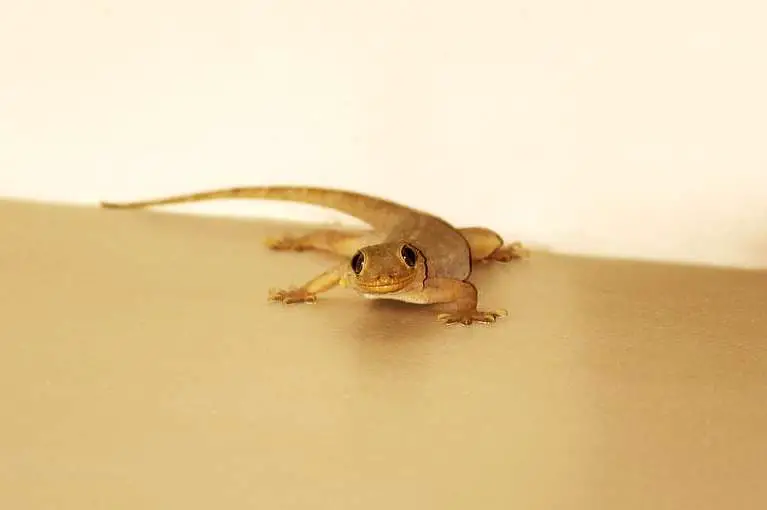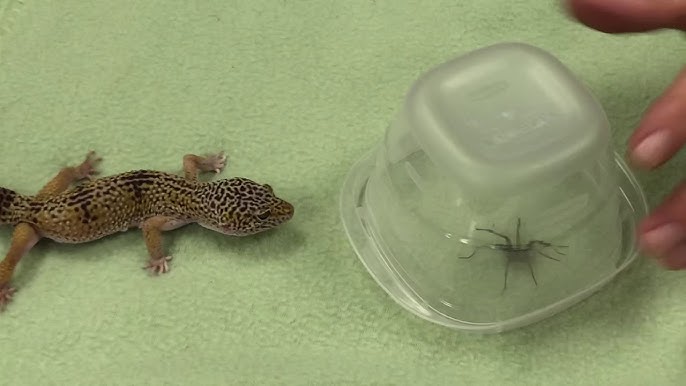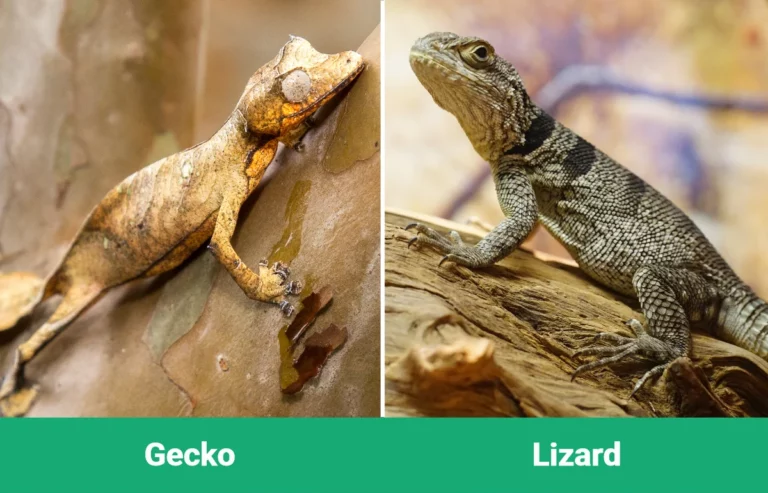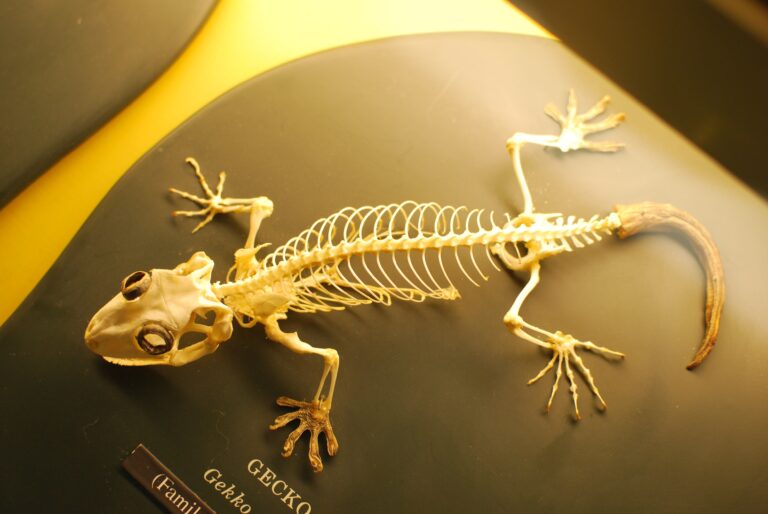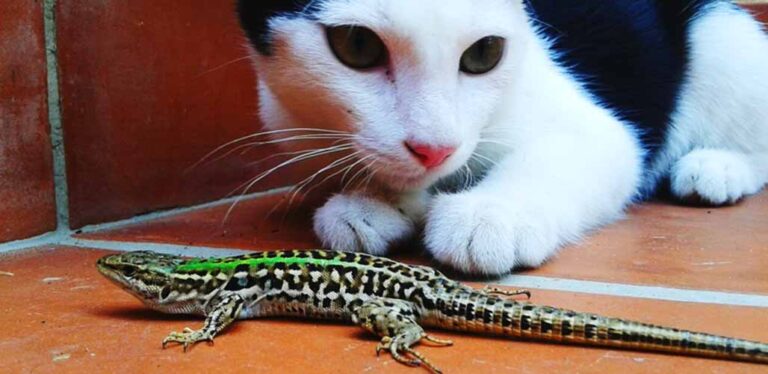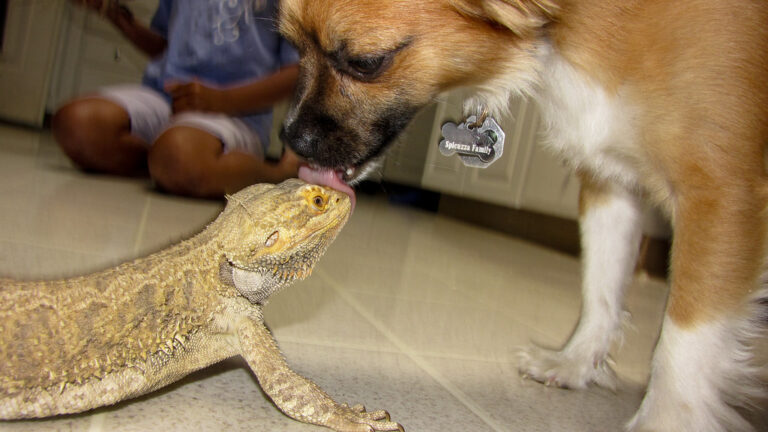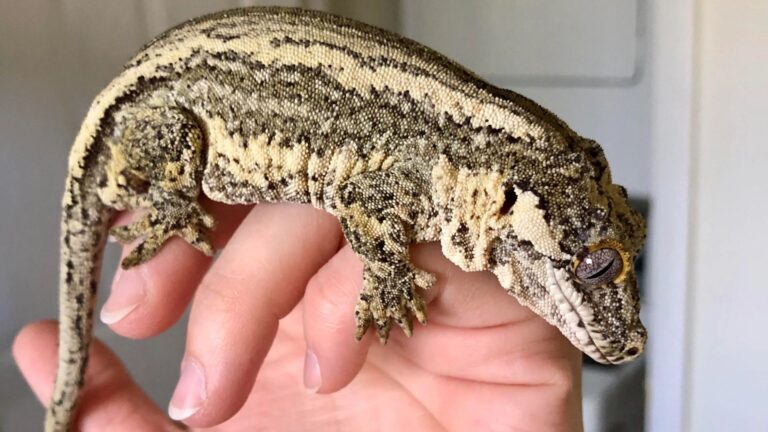How To Get Rid Of Wall Geckos Permanently? Your Ultimate Guide To Permanent Removal
I never thought I’d be on a mission to rid my home of those pesky wall geckos, but here I am, sharing my story of how I managed to eliminate these unwanted guests for good. If you’ve ever been startled by the sudden appearance of these agile reptiles on your walls, you know the feeling of unease that accompanies their presence. That’s why I decided to take matters into my own hands and find a way to get rid of wall geckos permanently.
If you’ve faced a similar situation, don’t worry. In this guide, I’ll share the straightforward methods and practical tips I discovered on my journey to banish wall geckos for good.
However, I discovered the greatest tricks after trying many other ones:
- Eggshell Barrier
- Mothball Guardians
- Coffee-Tobacco Gecko Repellent
- Garlic Clove Magic
- Onion Barriers
- Spicy Pepper Spray
So, why are you waiting for lets get Started?
How To Get Rid Of Wall Geckos Permanently: Top Strategies
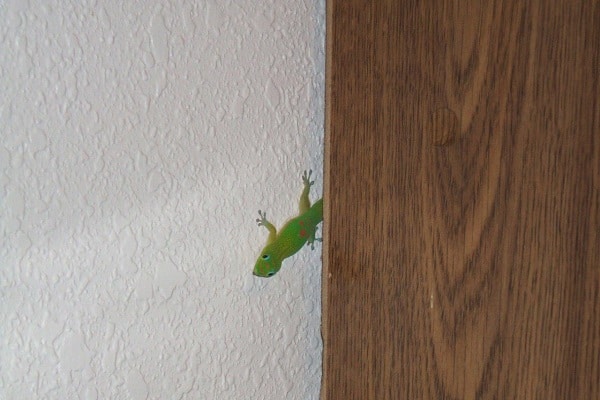
Eggshells as Deterrents: Place two eggshell halves at each entrance of your home. Geckos often perceive these as potential predators, which can discourage them from entering. Remember to replace the eggshells every 3 to 4 weeks to keep them effective.
Mothballs: Mothballs are known to repel geckos, just as they deter moths and other pests. Position them strategically under appliances like stoves, refrigerators, or sinks, where geckos may hide.
Sticky Traps (Use with Caution): While not the most humane option, sticky traps can catch geckos that frequent well-lit areas. Place them near light sources or windows. If you find a live gecko stuck in a trap, free it carefully by applying vegetable oil to the adhesive.
Coffee and Tobacco Ball: Create a small ball by mixing moist coffee grounds and tobacco powder, then place it near gecko nesting areas or entryways. Geckos may ingest this mixture and subsequently perish.
Garlic Clove: Geckos are averse to the strong odor of garlic. Leave a garlic clove near outdoor entryways to deter them from using those routes.
Onion Slices: Similar to garlic, onion slices are another irritant for geckos. Position half an onion in areas where you’ve spotted geckos or near cozy hiding spots.
Pepper Spray: Create a homemade pepper spray by mixing pepper or cayenne pepper with water. Spray this solution around your home, particularly in warm areas or places where you’ve observed gecko activity. Tabasco sauce can also be used as a substitute. Be cautious not to overdo it, as the spray can be irritating to humans too.
Birdbaths as a Gecko Deterrent: An effective way to permanently discourage wall geckos from your home is by installing birdbaths in your yard. While they themselves are not toxic, they can deliver painful bites that may require medical attention. Additionally, their droppings can carry fungi, posing potential health risks. By introducing birdbaths, you can create a safer, moist environment for your pet birds to thrive.
In addition, predators often lurk around birdbaths and watering stations, awaiting opportunities to prey on birds while they bathe. These are less cautious when birds are engaged in bathing, making it crucial to maintain a clean birdbath. To disinfect the birdbath, use a mild bleach solution and allow it to air dry before refilling it.
Using Wondercide for Gecko Control: Wondercide is a reliable and safe all-natural insecticide for dealing with gecko infestations. This product is formulated with natural ingredients, making it safe for use around children, pets, and food preparation areas. It has minimal toxicity to humans, providing peace of mind when using it in your home.
Scaring Off Geckos with a Special Outdoor Area: To deter geckos from entering your home, consider creating a designated area outside your house. As well as they are often visible crawling up walls, and you can strategically place sugar water or honey jars in these areas. While they are valuable for controlling insects, it’s advisable to prevent them from establishing residence indoors. Always follow the product label instructions to understand what to avoid and the necessary precautions when using insecticides.
Creating a Gecko-Resistant Home Environment
1. Maintain Cleanliness: They are attracted to warmth, water, and hiding spots. Ensure your home doesn’t provide these amenities by
- Keeping your home clean and free of clutter, including laundry, newspapers, and boxes.
- Rearranging furniture to create a six-inch gap between the furniture and walls, reducing potential hiding spots.
- Minimizing the number of pictures hung on walls, as geckos prefer dark areas during the day.
- Keeping the thermostat set to a lower temperature to reduce warmth and humidity, which geckos are drawn to.
- Fixing any leaky faucets or pipes to eliminate sources of stagnant water, as they are attracted to humid environments.
2. Modify Your Backyard: Geckos may be enticed into your yard due to the availability of water, insects, and cover. To make your yard less appealing to geckos, consider these steps:
- Remove potential water sources where insects breed, such as birdbaths.
- Water your yard sparingly to prevent excessive moisture, which geckos may seek for hydration.
- Avoid planting succulents, as they may nibble on them when lacking water.
- Trim back bushes, especially those close to your house, as they often hide in overgrown areas.
- Use netting to discourage them from using shrubs as hiding spots.
- Limit outdoor lighting, as it can attract insects, a primary food source for them. If necessary, opt for sodium vapor or yellow lights.
3. Seal Your Home: Also, they can slip through small crevices and holes, so it’s crucial to seal your home effectively. Take these steps:
- Conduct a thorough inspection of both the interior and exterior of your home.
- Fill any cracks and gaps with caulk to prevent geckos from entering.
- Ensure that windows and vents have proper screens to keep them out.
Mitigating Food Sources for Geckos and Other Pests
To discourage geckos and various household pests, it’s essential to address their primary sources of sustenance. Here are effective strategies for targeting their food sources:
1. Mosquitos, Gnats, and Flies:
- Eliminate stagnant water sources that attract these pests.
- Cover your garbage cans and recyclable containers to prevent breeding grounds.
- Avoid leaving glasses of water unattended for extended periods.
- Ensure there is no water stagnation in sinks or bathtubs.
2. Ants:
- Repel ants by using white vinegar around window and door frames, as ants are averse to their smell.
- Clean up after meals, promptly disposing of soiled napkins, crumbs, and unwashed dishes that attract ants.
3. Fruit Flies:
- Attract and trap fruit flies by placing a small bowl or cup of white wine, which they find irresistible.
4. Moths:
- Create an inhospitable environment for moths by hanging a stick of chalk in your clothes closet. Chalk helps reduce humidity, deterring moths.
5. Roaches:
- Deter roaches by leaving cucumber peelings around your kitchen counter or bathtub. Roaches dislike the scent of cucumber.
- If cucumber peelings attract ants, consider using Borax in areas with high roach activity. Borax is mildly toxic to humans and pets and can reduce the roach population over time.
6. Spiders:
- Prevent spiders from entering your home:
- Seal any openings leading outside, such as around windows and doors.
- Trap unwanted spiders by placing glue boards in areas like garbage cans, basements, kitchens, and bathrooms.
- If a severe spider problem persists, consider using spider insecticide or consult professionals for assistance.
7. Crickets:
- Reduce the cricket population both inside and outside your home:
- Create a shallow bowl filled with molasses or beer diluted with water to attract and eliminate crickets.
- Keep your yard well-maintained by cutting grass short, as crickets tend to thrive in tall grass.
FAQs
How do I permanently get rid of wall geckos?
To permanently deter geckos, maintain cleanliness, eliminate hiding spots, address water sources, and consider using natural repellents like Wondercide. Have a removal plan for when you spot one.
Does Dettol kill geckos?
No, Dettol is not specifically designed to kill geckos. It’s more effective for disinfecting surfaces.
What does Islam say about geckos?
In Islam, geckos are generally considered impure, and it’s advised to avoid them. However, views on this may vary among scholars.
Does vinegar keep geckos away?
Yes, vinegar’s scent can deter geckos from entering certain areas. You can use it around windows and door frames.
Is there a spray to keep geckos away?
Yes, there are commercial gecko repellent sprays available, or you can create your own using natural ingredients.
What kills geckos?
While it’s not recommended to kill geckos, you can use insecticides or fumigation in severe infestations.
Why do geckos stay on walls?
Geckos stay on walls because they are nocturnal and walls provide a safe hiding spot during the day, and they hunt insects near light sources at night.
Does naphthalene balls prevent wall gecko?
No, Naphthalene balls may deter geckos due to their strong odor, but it’s not a foolproof method for preventing geckos.
Final Words
To make sure I’m getting rid of wall geckos once and for all, I’ve found a simple and effective approach. First and foremost, I keep my home clean and clutter-free, as geckos love hiding spots. Getting rid of any stagnant water sources and fixing leaks has been crucial to reduce humidity, making my home less attractive to them. I’ve also opted for natural repellents like Wondercide to deter geckos safely.
When I spot a gecko, I have a plan in place. If it’s just one, I use insect killers and declutter the area. For more severe infestations, I consider fumigation as an option.
Further, to prevent them from entering in the first place, I diligently maintain a clean kitchen, use vinegar around windows and doors, and control outdoor lighting. Installing a sprinkler system has proven effective as well.
With these straightforward steps and a proactive approach, I’ve managed to enjoy a gecko-free home for the long term.

